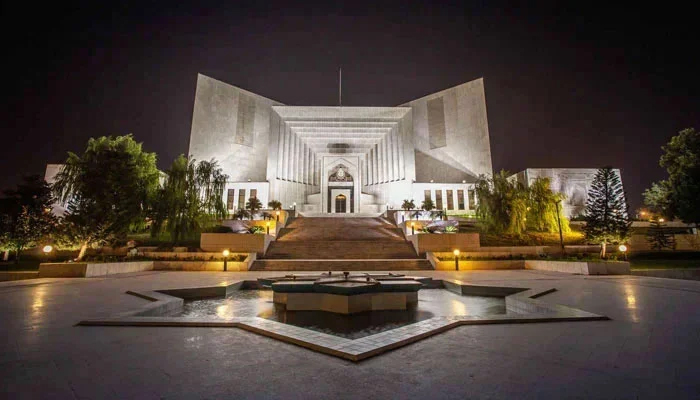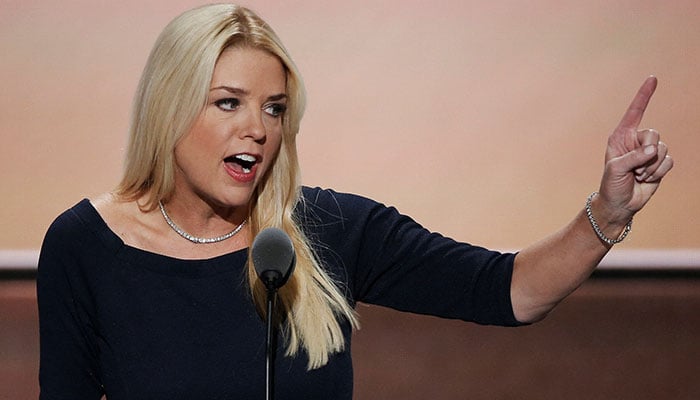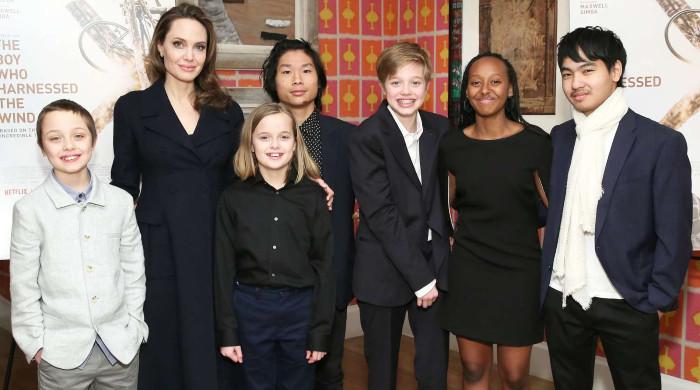

- ECP directed to make tribunals functional at previous hearing.
- Authority to constitute tribunals point of contention.
- Top court suspended LHC's order, ECP's notification on July 4.
ISLAMABAD: The Supreme Court (SC) will announce its reserved verdict on the Election Commission of Pakistan's (ECP) appeal in Punjab election tribunals case on September 30 (Monday).
A five-member larger bench headed by Chief Justice of Pakistan (CJP) Qazi Faez Isa had reserved the verdict on the Punjab election tribunals' case earlier this week.
Alongside CJP Isa, the bench includes Justice Amin-ud-Din Khan, Justice Jamal Khan Mandokhail, Justice Naeem Akhtar Afghan and Justice Aqeel Ahmed Abbasi.
The top court had also ordered the top electoral authority to make the tribunals functional for hearing the February 8 nationwide polls-related petitions.
The matter involves the authority to constitute election tribunals which have been a point of contention between the LHC and the ECP for months.
The issue arose first when the ECP, on February 14, sought a panel of serving judges from the LHC for election tribunals.
The then LHC chief justice nominated two judges on February 20 which was followed by the nomination of another six judges by the CJ on April 14.
Out of these six nominated judges, two were notified by the ECP on April 26.
However, the electoral body then raised objections to the additional names for the appointment to Rawalpindi and Bahawalpur election tribunals.
This, however, was denied by the LHC chief justice with the high court's registrar calling on the electoral body to notify the election tribunals consisting of the judges nominated by the CJ.
On May 29, Justice Shahid Karim ordered the electoral body to appoint six more judges, nominated by the LHC chief justice, as election tribunals for hearing election petitions regarding the general elections and said that the notification would be deemed to have been issued in case of the ECP's failure to comply by the court's orders.
The electoral body, while refusing to accede to the high court's registrar's demand, said that if it went through with notifying the election tribunals it would mean that they were in fact solely appointed by the LHC CJ and not as a result of consultations between the ECP and the chief justice — which essentially would be a violation of Section 140(3) of the Elections Act.
The then LHC Justice Malik Shahzad Ahmad then constituted eight election tribunals for hearing cases related to the February 8 polls — a move which was then challenged by the ECP in the apex court.
The dispute owes its origins to the amendments made to the Election Act 2017 regarding which judges could be part of election tribunals.
It is noteworthy to mention here that President Asif Ali Zardari — on July 9 — approved the Election (Amendment) Bill 2024, empowering the electoral watchdog to appoint retired judges of high courts to election tribunals.
Under the amendment to the Elections Act, 2017, the ECP would not need consultation with the respective chief justices for the appointment of retired judges as election tribunals.
The matter ended up in the apex court which on July 4 suspended the LHC's decision forming additional election tribunals as well as the ECP's April 26 notification.












